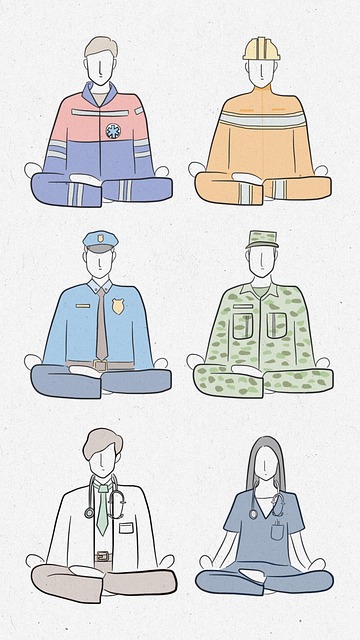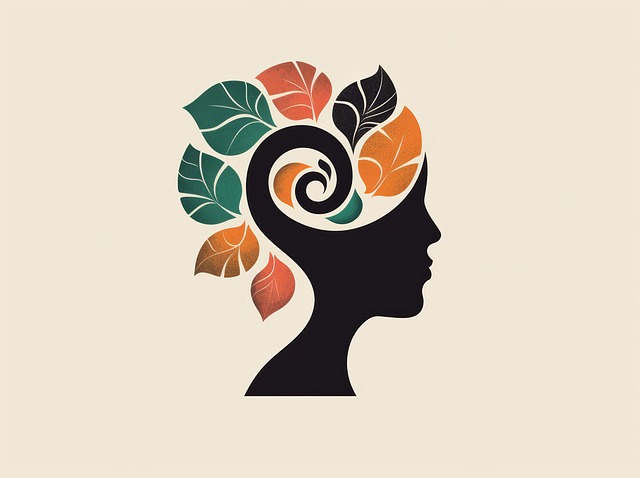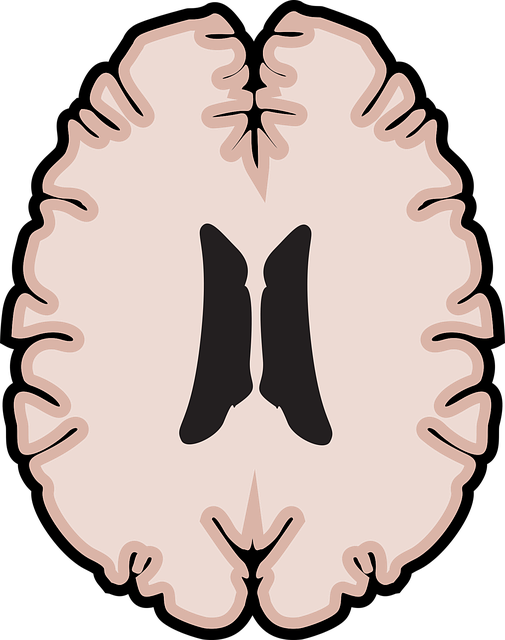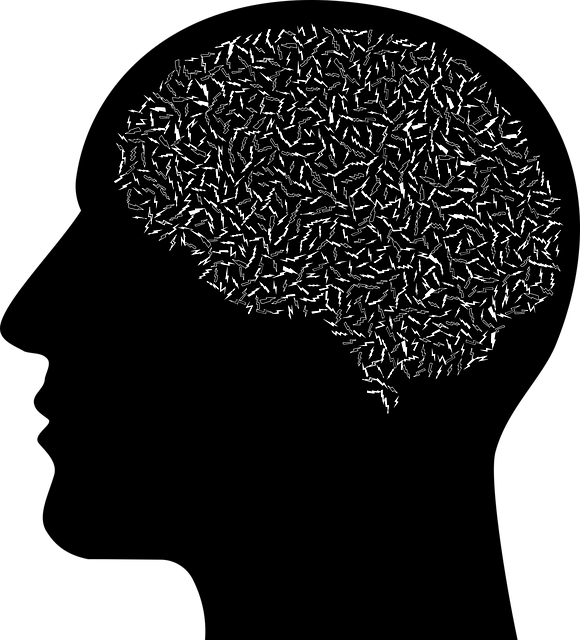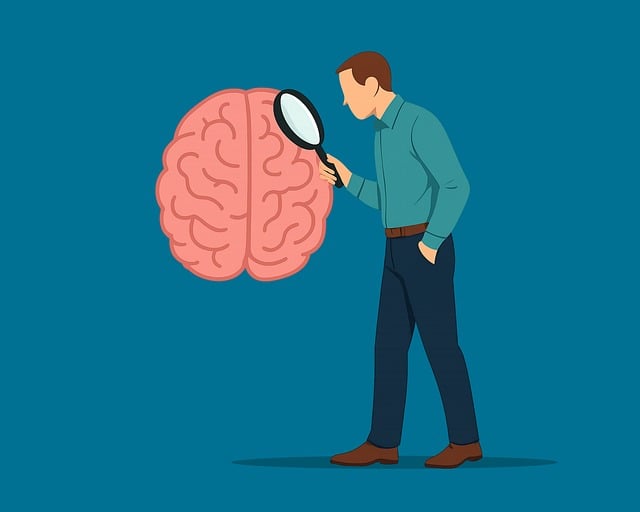Cultural sensitivity in mental healthcare is crucial for understanding and respecting diverse cultural beliefs and practices that shape individuals' mental health experiences, including how they perceive and cope with conditions like sexual dysfunction. For practitioners offering Parker Sexual Dysfunction Therapy (PSDT), this involves self-awareness exercises to challenge biases, adapting therapeutic techniques, ensuring language accessibility, and creating culturally responsive spaces. The PSDT model creates safe environments for discussing sensitive sexuality topics without judgment, boosting self-esteem and mental well-being across diverse communities. By integrating cultural sensitivity through continuous education, self-reflection, community engagement, and inclusive Mental Health Policy Analysis, healthcare professionals can provide tailored support that meets specific needs, effectively addressing issues like Parker Sexual Dysfunction Therapy while overcoming potential cultural barriers.
In today’s diverse society, cultural sensitivity is paramount in mental healthcare. Understanding and respecting patients’ cultural backgrounds significantly impacts therapy outcomes. This article explores this crucial aspect through several lenses: examining cultural sensitivity basics, analyzing the effects of unconscious biases, presenting a case study on Parker Sexual Dysfunction Therapy as a model of cultural competence, and offering practical strategies for healthcare professionals to integrate cultural awareness into their practices.
- Understanding Cultural Sensitivity in Mental Healthcare
- The Impact of Cultural Biases on Therapy Outcomes
- Parker Sexual Dysfunction Therapy: A Case Study in Cultural Competence
- Strategies for Integrating Cultural Sensitivity into Practice
Understanding Cultural Sensitivity in Mental Healthcare

Cultural sensitivity in mental healthcare involves understanding and respecting diverse cultural beliefs, values, and practices that can influence an individual’s experience with mental health issues. It means recognizing that every patient brings their unique cultural lens to therapy, which can significantly impact their perception of self, coping mechanisms, and responses to treatment. For instance, cultural norms around expression, communication styles, and views on mental illness itself vary widely globally and even within communities. This awareness is crucial for building trust, fostering effective communication, and providing tailored support that addresses the patient’s specific needs.
Incorporating cultural sensitivity requires professionals in the field, such as those engaged in Parker Sexual Dysfunction Therapy, to engage in self-awareness exercises that challenge their biases and preconceived notions. Promoting mental wellness through inner strength development can be facilitated by incorporating culturally responsive practices into therapy sessions. This might include adapting therapeutic techniques, ensuring language accessibility, and creating safe spaces that honor the patient’s cultural identity. By embracing these strategies, mental health practitioners contribute to more inclusive care, enhancing outcomes for a diverse range of clients.
The Impact of Cultural Biases on Therapy Outcomes

Cultural biases, often subtle yet powerful, can significantly impact therapy outcomes in mental healthcare. These biases may arise from a variety of sources, including the therapist’s personal experiences, societal norms, and broader cultural beliefs about mental illness and treatment. For instance, therapists might unconsciously apply different standards or expectations when treating clients from diverse cultural backgrounds. This can lead to miscommunications and misunderstandings, hindering progress in therapy.
In the context of Parker Sexual Dysfunction Therapy, these biases could manifest as a lack of culturally sensitive approaches, potentially causing harm rather than healing. For example, a therapist’s own cultural norms regarding sexual health might not align with those of their client, leading to uncomfortable discussions or even refusals to engage in necessary therapy. To counteract this, therapists must prioritize self-awareness exercises and mindfulness meditation to recognize and challenge their biases. Additionally, incorporating confidence-boosting activities tailored to the client’s culture can create a safe space for exploration and healing.
Parker Sexual Dysfunction Therapy: A Case Study in Cultural Competence

The Parker Sexual Dysfunction Therapy (PSDT) model is a powerful case study illustrating cultural competence in mental healthcare. This therapeutic approach recognizes that sexual health issues are deeply intertwined with cultural, social, and personal identities. PSDT ensures a non-judgmental space for individuals to explore sensitive topics related to sexuality, addressing the unique needs of diverse communities. By integrating cultural sensitivity, therapists can provide more effective crisis intervention guidance, fostering self-esteem improvement and overall mental well-being.
This model has been instrumental in shaping mental health policy analysis and advocacy, highlighting the importance of culturally responsive practices. It encourages healthcare professionals to move beyond western-centric approaches, embracing a broader perspective that respects and incorporates diverse cultural beliefs and values. This shift is vital for improving access to care and ensuring equitable outcomes, especially within communities historically marginalized by mental healthcare systems.
Strategies for Integrating Cultural Sensitivity into Practice

Integrating cultural sensitivity into mental healthcare practice involves a multi-faceted approach that transcends simple awareness. It requires professionals to actively embrace diverse perspectives, customs, and beliefs in their therapeutic interactions. This shift demands continuous education and self-reflection, ensuring therapists stay informed about different cultural contexts and norms. Techniques such as cultural competence training, where practitioners learn to recognize and appreciate unconscious biases, play a pivotal role. Additionally, engaging with communities through public awareness campaigns development and community outreach program implementation fosters deeper understanding and trust.
The integration process should also consider the impact of broader social determinants on mental health, requiring advocacy for more inclusive Mental Health Policy Analysis. By incorporating these strategies, therapists can provide culturally responsive care tailored to each client’s unique background, effectively treating issues like Parker Sexual Dysfunction Therapy while acknowledging and addressing potential cultural barriers.
Cultural sensitivity is an indispensable aspect of mental healthcare, as evidenced by the positive outcomes seen in practices like Parker Sexual Dysfunction Therapy. By acknowledging and addressing cultural biases, healthcare providers can create inclusive environments that foster trust and effective treatment. Integrating cultural sensitivity strategies into daily practice not only enhances patient care but also revolutionizes the therapeutic landscape, ensuring everyone receives the support they need without barriers. This approach is a game-changer in navigating the complexities of diverse populations, leading to better mental health outcomes for all.






